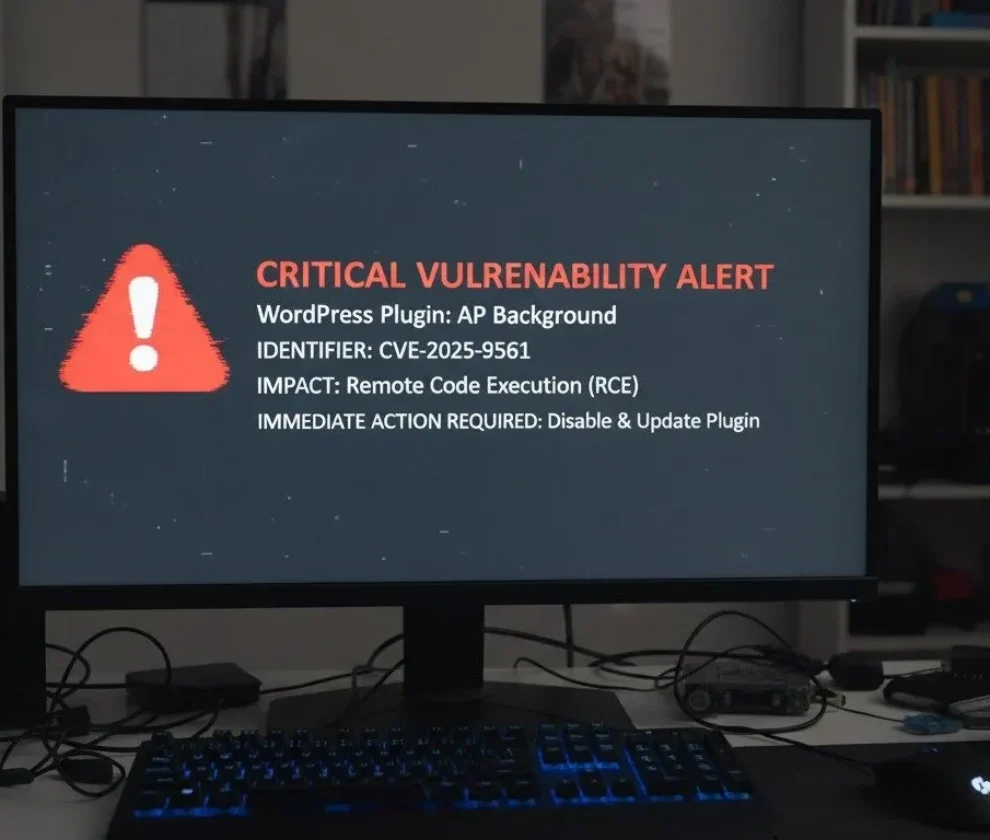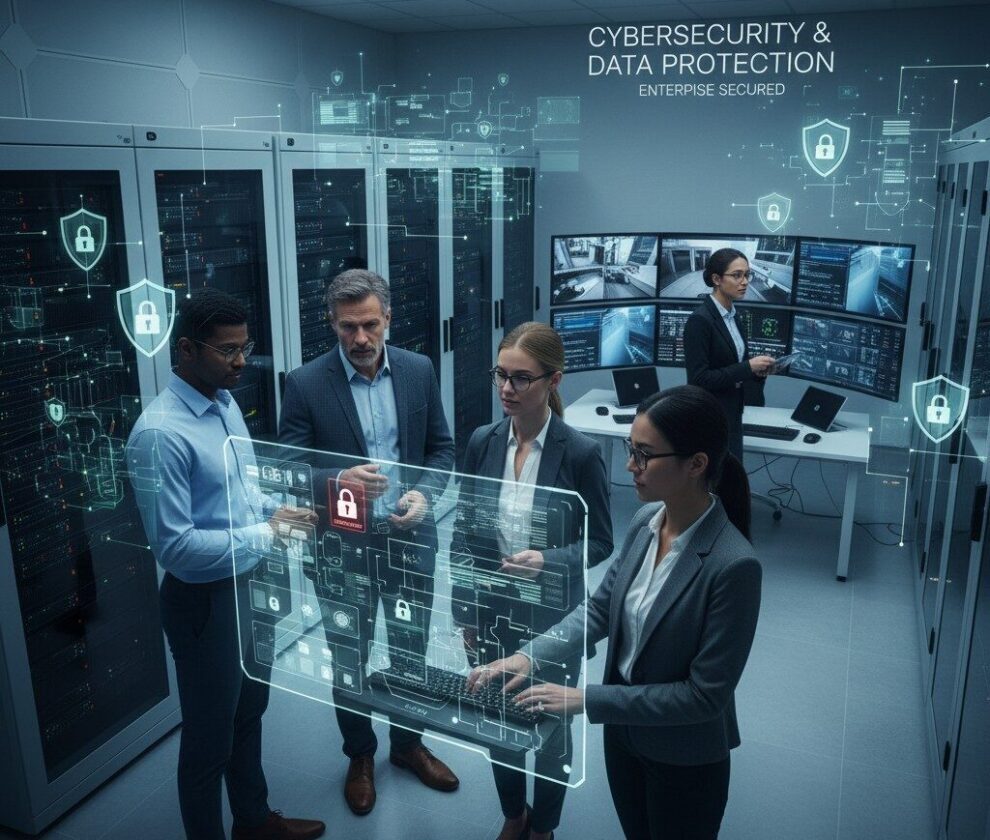Ransomware Threats in Healthcare
Ransomware attacks have emerged as one of the most severe cybersecurity challenges in the modern age. Among the various sectors vulnerable to these attacks, healthcare stands out as a prime target. With the increasing complexity and sensitivity of data housed in medical systems, cybercriminals see an avenue for lucrative rewards. In this article, we will delve into the escalating threat of ransomware in healthcare, explore a recent case study involving a notorious cyber group, and provide actionable recommendations for mitigating these risks.
What Is Ransomware, and How Does It Work?
Ransomware is a malicious software designed to encrypt an organization’s data or block system access until a ransom is paid. These attacks generally operate by exploiting vulnerabilities such as outdated software, employee negligence, or weak cybersecurity defenses. They frequently target critical sectors such as hospitals, where uninterrupted access to systems is often a matter of life and death. Sadly, many organizations succumb to the demands of cybercriminals to minimize disruption.
Recent Case Study: DEVMAN’s Attack on a Healthcare System
A recent, alarming attack attributed to the group known as DEVMAN targeted medicinal[.]com, a healthcare organization. According to available information, not only were the systems compromised, but the attackers implemented a double-extortion strategy. This involved threatening to release sensitive data unless a ransom of 100,000 USD or the equivalent was paid.
Ransom Demands: 50GB of critical data held hostage, with a countdown timer adding psychological pressure to pay quickly.
Tactics like these reveal that ransomware is no longer just an issue of financial loss; it also poses a grave danger to an organization’s reputation and patient confidentiality.
Why Healthcare Is Particularly Vulnerable
The healthcare industry is especially enticing to cybercriminals for several reasons:
- Sensitive Data: Medical records are among the most valuable types of information, fetching high prices on the dark web.
- Operational Urgency: Hospitals cannot afford prolonged downtime, making them more likely to pay ransoms.
- Insufficient Cybersecurity: Many healthcare organizations lack advanced security measures and expertise required to counter modern attacks.
These vulnerabilities create a fertile ground for groups like DEVMAN to exploit.
How to Prevent and Mitigate Ransomware Attacks
While ransomware attacks continue to evolve, employing a strong cybersecurity framework can dramatically lower the risks. Below are essential steps healthcare organizations should take:
- Implement Robust Backup Solutions: Ensure regular backups are conducted and stored offline to restore systems with minimal disruption.
- Educate Staff Members: Conduct regular training to help employees identify phishing emails and social engineering tactics used to deliver malware.
- Update and Patch Software: Maintain up-to-date software and hardware to close known security loopholes.
- Deploy Intrusion Detection Systems: Proactively monitor for unusual activities or signs of compromise within your network.
Adhering to these best practices not only reduces exposure to cyberattacks but also ensures a faster recovery if an incident occurs.
The Role of Cybersecurity Experts: Your Defense Against Ransomware
Combating ransomware requires more than just preventive measures; an expert-led approach is often necessary to create a resilient security framework. Firms like Lynx Intel specialize in identifying vulnerabilities, crafting bespoke response plans, and strengthening an organization’s defenses against future incidents. Key services provided by such experts include:
- Security Assessments: Evaluating your current infrastructure to uncover and address weaknesses.
- Strategic Planning: Developing comprehensive cybersecurity and incident response policies tailored to your needs.
- Continuous Monitoring: Ensuring early detection of potential threats to swiftly mitigate risks.
Relying on expertise allows healthcare institutions to minimize the impact of such crises, safeguarding both operational continuity and sensitive patient data.
Conclusion
The surge in ransomware attacks targeting the healthcare industry underscores the urgent need for robust digital defenses. Cybercriminal groups like DEVMAN operate in an era where exploiting vulnerabilities can have life-altering consequences. As healthcare organizations continue to serve as guardians of sensitive data, they must act proactively to secure their systems.
By implementing advanced cybersecurity measures and partnering with experts, healthcare providers can not only withstand ransomware attacks but also demonstrate resilience in the face of adversity. For those seeking a trusted partner in this fight, Lynx Intel offers tailored security solutions designed to protect what matters most—your data and the lives that depend on it.
Investing in prevention today means far more than financial savings; it preserves trust, safeguards reputations, and most importantly, ensures patient care remains uninterrupted.


